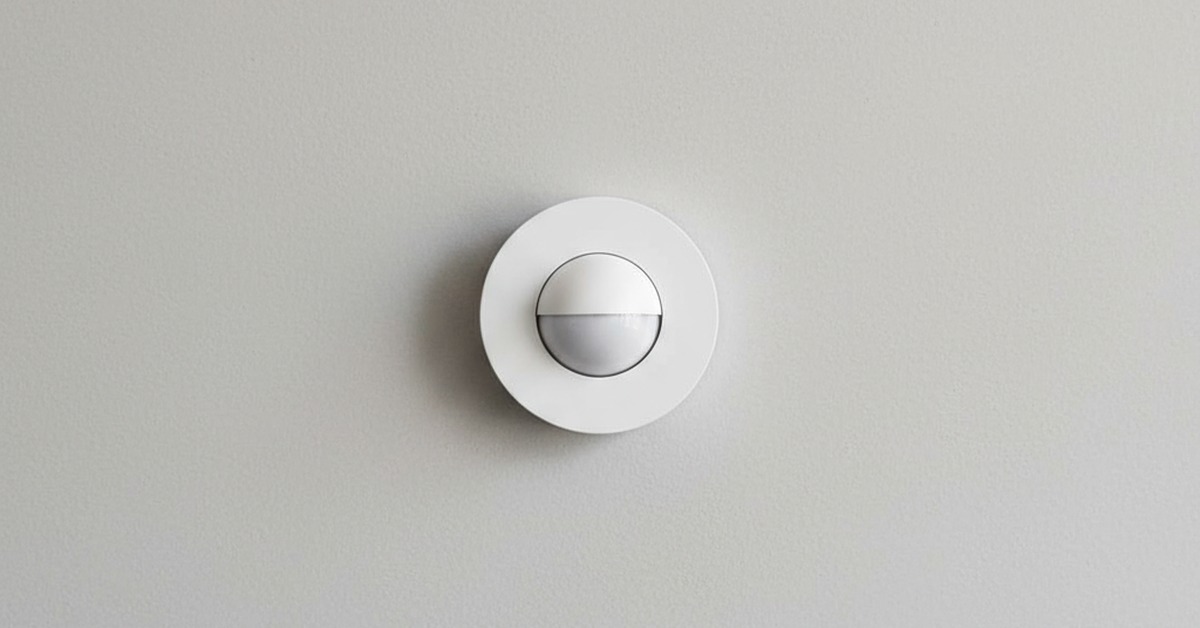 רייזק
רייזק
חדר ישיבות ריק, מואר וממוזג לאורחים שאינם שם, מייצג כשל שקט. זהו רוח רפאים במכונת אוטומציה של בניין, בזבוז קטן אך מתמיד של אנרגיה שהמערכת תוכננה למנוע.
לכל חברת ניהול נכסים, הרווחיות נמצאת בשוליים. היא נמצאת לא במעשים הגדולים, אלא בדקות שנחסכות בכל סיבוב, ביעילות שמצטברת בשקט לאורך תיק הנכסים.
חיישן תנועה הוא תרגיל באמון. אנו מתקינים את העיניים הקטנות, הלא ממצמצות האלה בפינות החדרים שלנו ומעניקים להן את הסמכות להבחין בין היומיומי למאיים.
קריאה חוזרת מתסכלת רודפת אחר השלבים האחרונים של שיפורי תאורה רבים. התקני ה-LED החדשים והחסכוניים באנרגיה של הלקוח, סמל להתקדמות מודרנית, מתנהגים באופן לא צפוי.
זה תופעה מוכרת ומעציבה לכל מי שמנהל בניין. חדר ישיבות ריק, שקט במשך שעות, זורח פתאום.
בסביבת אחסון קרה מסחרית תובענית, חיישני תנועה לעיתים קרובות הופכים למקור לכשלונות מתמשכים. ההבטחה ליעילות אנרגטית ובטיחות תפעולית מתחלפת במציאות של קריאות תחזוקה, הפרעות תפעוליות, ואורות שמסרבים להידלק או נשארים דולקים בעקשנות.




